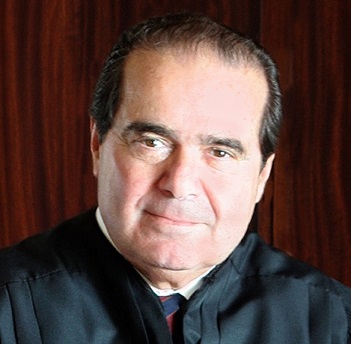California employers should keep an eye on a new challenge to arbitration provisions on its way to the Governor’s desk. On August 24, 2015, the California Senate passed AB 465, which would make it unlawful for any employer or other company to “require another person to waive any legal right, penalty, remedy, forum, or procedure for a violation of any provision of [the California Labor Code], as a condition of employment, including the right to file and pursue a civil action or complaint with, or otherwise notify, the Labor Commissioner, state agency, other public prosecutor, law enforcement agency, or any court or other governmental entity.” The Senate version eliminates the originally proposed $10,000 per violation penalty, but continues to authorize an award of injunctive relief and attorneys’ fees to a prevailing plaintiff seeking to enforce the section. The Assembly concurred in the Senate’s amendments on August 27, 2015, and the bill will reach the Governor shortly.
READ MORE →










